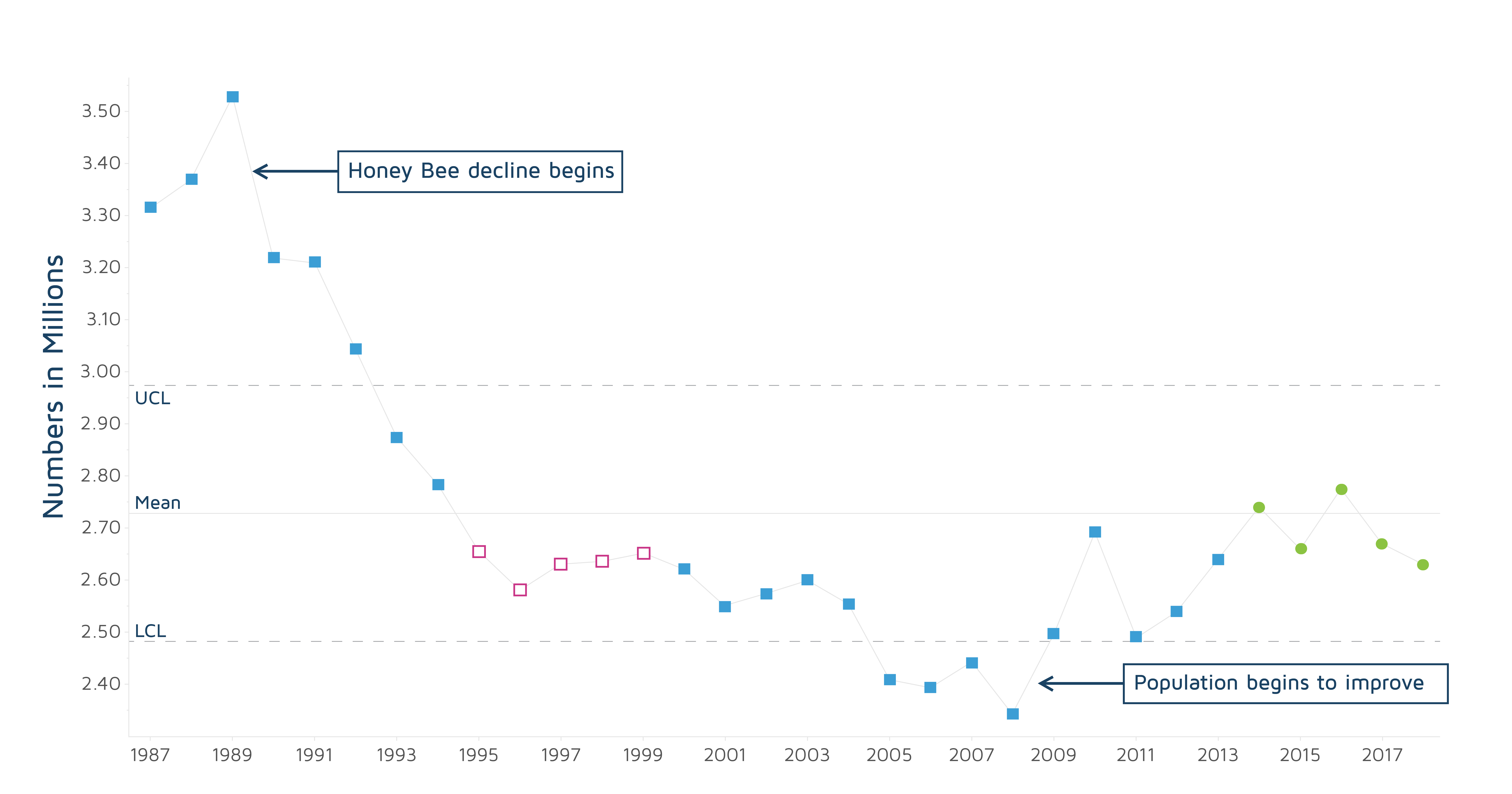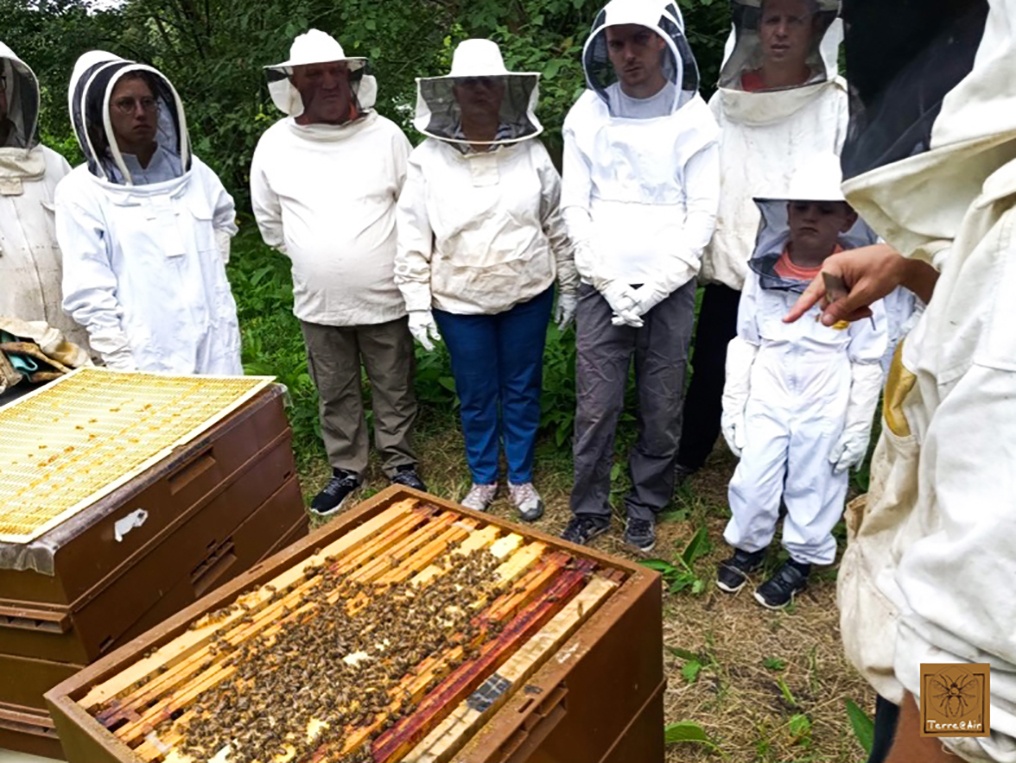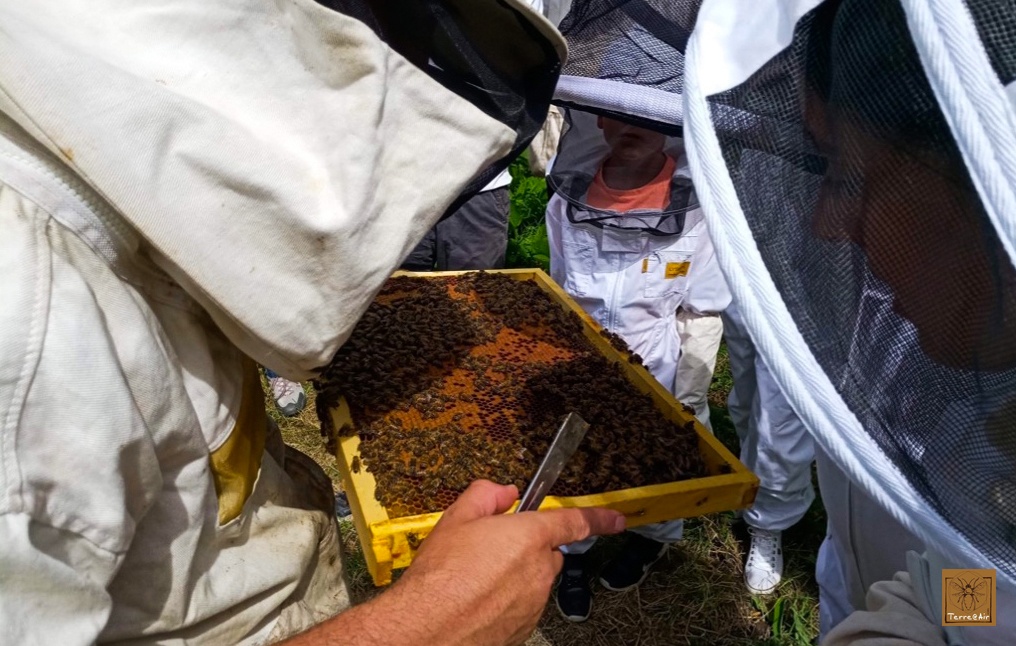On the fourth anniversary of World Bee Day on the 20th of May, the United Nations calls for people to ‘Bee Engaged’ in activities that support, restore and enhance the role of pollinators. This day serves to remember the importance of pollinators in human life and development as well as raise awareness about the threats that they face. It is also the day on which to celebrate the initiatives that help to address this issue which give hope and vision for a brighter future for both pollinators and humankind.
Why do pollinators matter?
There is nothing new about how ‘we all depend on the survival of bees’ and other pollinators such as butterflies, bats, and hummingbirds. To begin with, over 75% of global food crops and 35% of agricultural land worldwide depend either entirely, or at least partially, on animal pollination – making this vital for food security. Furthermore, approximately 90% of wildflower plant species rely on animal pollination demonstrating that pollinators ‘are key to conserving biodiversity’.
When translated into numbers, the value of crops worldwide depending on pollination ranges between US$235 and US$577 billion a year, demonstrating the importance of this ‘environmental’ service not only to agriculture but to the economy as well. Moreover, the amount of global food crops that rely on pollinators has been increasing and, in just the last 50 years, the volume has risen by 300%.
Pollinators under threat
While the demand for pollination as an ecosystem service is growing, human activities continuously jeopardize its ‘supply’ with activities such as intensive agricultural practices that destroy pollinators’ habitats and the use of agrochemicals that are toxic to both animals and humans:
“Pollinators play a crucial role from a social, economic, and ecological point of view. Globally, there are several threats facing them: climate change, habitat loss, pests and diseases, and intensive agriculture (including pesticides), which are leading to the dramatic decline of both wild and managed species.” (FAO)

See also: Pesticides: an element of development or regression in agriculture?
In its mission to raise awareness and change human behavior, FAO has organized an event called “Bee engaged: Build Back Better for Bees” which is being webcast LIVE today at 13.00-14:30 CET. The event prioritizes environmental regeneration and pollinator protection. The FAO believes that everyone can lend a hand in the protection of bees.
“It will be an occasion to raise awareness of how everyone can make a difference to support, restore and enhance the role of pollinators.”
Ways to ‘Bee Engaged’
Several initiatives at different levels are happening to raise awareness and to address the issue of the decline in pollinator populations.
Civil society, for instance, has mobilized resources and called on the European legislator to ‘Save Bees and Farmers’ by means of an ongoing European Citizen Initiative. This represents an opportunity for European citizens to submit a petition for consideration by the European Commission if at least 1 million signatures in total are gathered from seven EU Member States. This initiative calls on legislators to support an agricultural model that phases out pesticides, promotes biodiversity, and supports farmers in their transition towards agroecology. Almost half a million people have already signed the petition.
Environmental education to save bees and nature
While certain approaches in agriculture represent serious threats to pollinators, others that foster diversity and use less or no agrochemicals are the key to the recovery of pollinators in both rural and urban areas. There are projects and businesses that support bees in urban environments by promoting bee-friendly plants in gardens or even by creating beehives on the roofs of city buildings. This is the case of Terre@Air, a non-profit for environmental education, which aims to protect the environment and help to reconnect people and nature.
In a conversation with DevelopmentAid, Hubert Gorgemans, the director of the association shared his insights on what citizens can do in order to support the bee population.
According to Gorgemans, a beekeeper himself, firstly there is a need for strong environmental education and activities that help both children and adults to engage with nature. This is of particular importance in the city environment, he said. Terre@Air conducts such activities which include animation, conferences, and study visits and in last year alone they reached 5,000 children giving them the chance to discover the world of bees and honey making.

“We don’t blame anyone. We educate by amazing people. We show to our participants how important and useful nature is for people, how beautiful it is and how tasty it can be – when they try our honey,” says Hubert Gorgemans.
‘We cannot do without nature’
While raising awareness about bees and pollinators, Terre@Air also seeks to make society aware of environmental issues in general as these form part of the approach to address several drivers of pollinators’ extinction.
“It is vital for more people to realize that we cannot do without nature,” emphasizes Gorgemans.
In his opinion, people really do not have a choice in this, and thinking of the environment means thinking of the life-support system that feeds us. Nature’s health is a number one priority. In this context, Hubert recalls people who are living in perfect harmony with nature – using its resources to the point that these can be renewed. Some are not even using money as a medium of exchange:
“We can live with little money, but we cannot live with little nature,” he states.
In order to remind society of such possibilities and of what nature can give, through its activities the association helps people to rediscover nature and, by amazing them with all that it has to offer, this prompts the participants to take action.

One such action is to buy honey from local beekeepers. Although there are beekeepers in Belgium, Hubert stressed that as much as 80 to 90% of honey in Belgium is imported while there is space and opportunity for the sector to thrive. Moreover, more personal and direct contact with beekeepers is something that prompts the latter to maintain quality and build trust within the community. It is also a way to support local beekeeping and facilitate food safety as it is much easier to trace local honey.
Hubert concluded that people need to constantly learn about the beauty and wonder of the natural world and learning while working with bees is one way to achieve this. It is necessary to spend time in nature, observe and be humble. He concluded:
“Bees are our link to nature and fighting against it is a losing battle. It’s time to understand its wonders and the power of its abundance, to accept that we are part of it to finally reconnect with our human nature”.

